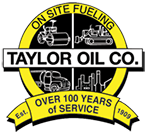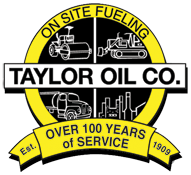The Importance of DEF: Understanding its Role in Diesel Engines
The Importance of DEF: Understanding its Role in Diesel Engines - In the realm of modern diesel engines, one crucial component has emerged as a cornerstone of environmental responsibility and engine efficiency: Diesel Exhaust Fluid (DEF). While it may seem like just another fluid in the mix, understanding its significance sheds light on its vital role in reducing harmful emissions and ensuring the longevity of diesel engines. What is DEF? Before delving into its importance, let's first grasp what DEF is. Diesel Exhaust Fluid is a non-toxic, colorless solution comprised of 32.5% urea and 67.5% deionized water. It's injected into the exhaust stream of diesel vehicles equipped with Selective Catalytic Reduction (SCR) systems. When DEF meets the hot exhaust gases, it breaks down into ammonia and carbon dioxide, initiating a chemical reaction that converts harmful nitrogen oxides (NOx) into harmless nitrogen and water vapor, significantly reducing emissions. Environmental Responsibility One of the primary reasons for the widespread adoption of DEF is its substantial contribution to environmental conservation. Diesel engines, while efficient and powerful, are notorious for emitting NOx, a major contributor to smog, acid rain, and respiratory issues. DEF plays a pivotal role in mitigating these adverse effects by [...]



